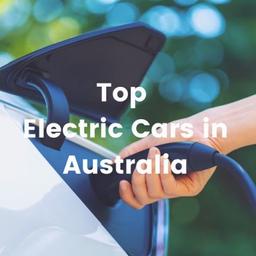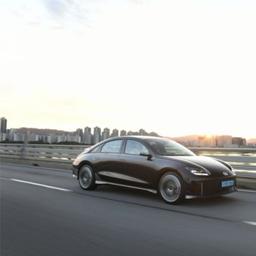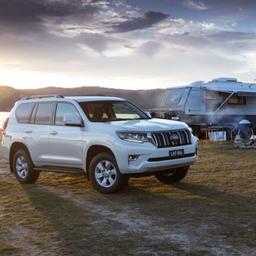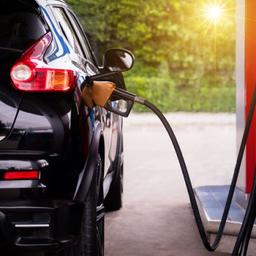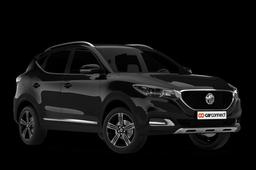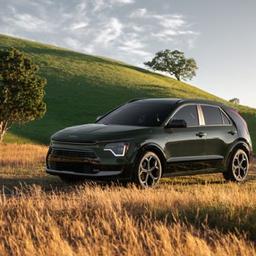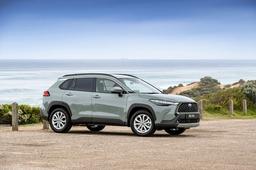
Are you thinking about buying a new electric car and want to know what the best choice is for you? You've come to the perfect place.
With the increasing focus on reducing carbon emissions and improving air quality, many Aussies are ditching petrol and diesel cars for electric vehicles (EVs).
In this blog post, we'll take a closer look at the pros and cons of EVs, so you can make an informed decision when it comes time to get you in your new car!
From lower running costs to reducing your carbon footprint, we'll cover it all. Trust us, you won't want to miss this. So please sit back and let us drive you into the new world of electric cars!
Pros of electric cars
Here are 4 pros of electric cars that will help you with your decision:
1. Environmentally friendly
Electric cars produce zero emissions, which means they don't contribute to air pollution or climate change. Plus, the electricity used to charge them can come from renewable sources like solar or wind power. So, you can feel good knowing that you're doing your bit for the planet.
2. Cheaper to run
Because electric cars have fewer moving parts, they require less maintenance than petrol or diesel cars so you’ll find the cost of the general wear and tear of your car will significantly reduce.
Plus, you'll save a fair bit of money on fuel costs. With petrol prices constantly on the rise, it can be a bit of a budget buster to fill up your tank. With an EV, you'll be plugging in at home or your nearest charge station, saving you $’s at the pump.
3. Super smooth to drive
Electric cars are quiet and have instant torque, which means they can accelerate quickly without any gears. This makes for an incredibly smooth and enjoyable driving experience enabling you to glide along in silence. It's a real treat, especially if you spend a lot of time on the road.
4. Great technology features
Entering the world of electric cars will propel you into the future of car travel, with most EV’s boasting the latest in advanced features like autopilot, over-the-air updates, and even built-in music streaming services. For example, Tesla Model S and Model X come with autopilot, over-the-air updates (automatic wi-fi updates), and a user-friendly Tesla App. All these features allow you to control your car from your phone, even when you're not in it.
Cons of electric cars
Here are a few cons of electric cars that you might want to keep in mind when you’re making your purchase:
1. They have a limited driving range
Electric cars have a limited driving range before they need to be recharged.
For example, the Tesla Model 3 has a range of around 500 km, which might not be enough if you're planning on going on a long road trip. If you're planning on going for a long drive to the beach or out to the bush, you'll want to ensure you've got enough charge. It is therefore essential to plan ahead before any road trip as car charging stations in remote areas can be few and far between and can also boast long wait times to use.
Google maps across the US and UK have the capability to track whether a charge station near you is in use and the hope is Australia isn’t far behind in this capability.
2. Charging can take a while
Charging an electric car can take a while, especially if you're using a regular household outlet. Charging a Tesla Model 3 at home using a standard outlet can take up to 10-12 hours. So, you might have to make plans ahead because you can't just pop into a petrol station when you run out of juice like you would with a regular car.
3. Charging infrastructure can be limited
Electric cars rely on charging infrastructure to power up. In Australia, the charging infrastructure is still limited, and not all towns have charging stations yet. This can make finding a place to charge your car difficult, especially if you're driving in a remote area. For public charging stations available in Australia, visit Transport NSW to search your area.
4. High upfront cost
Electric cars can be quite expensive to buy compared to petrol or diesel cars. The Tesla Model S, for instance, can cost over $100,000. While, over time, you'll save money on running costs, the high upfront cost can be a barrier for some buyers.
Electric cars can indeed be a bit more expensive upfront, but with government incentives and long-term fuel savings, the cost evens out in the long run. In NSW EV’s purchased after September 2021 may be eligible for a $3,000 subsidy (priced under $68,750 plus delivery charge and optional extras) as well as waived stamp duty (priced under $78,000) and registration fee discounts.
Wrapping Up
It’s crucial to do your research when purchasing any new vehicle, so looking at the pros and cons of electric vehicles need to be considered in your car-buying journey. One thing’s for sure, electric cars definitely need to be part of the conversation.
So if you're in the market for a new or used car, whether it's electric or not, check out carconnect. It's a fantastic online store for buying and selling cars in Australia, and you'll find a wide variety of options to choose from. Why waste any more time? Visit carconnect today to find the perfect car suitable for your driving needs.





